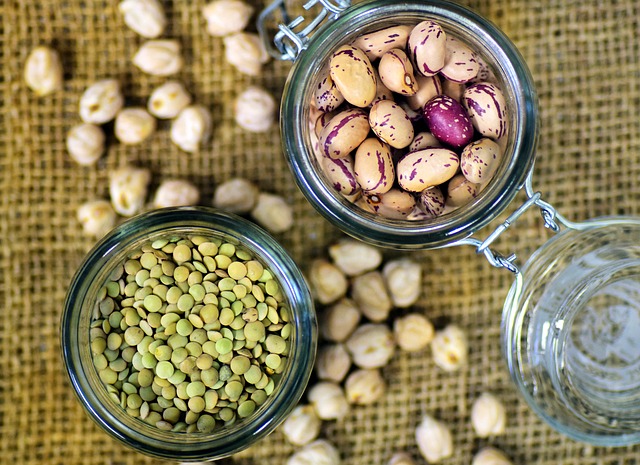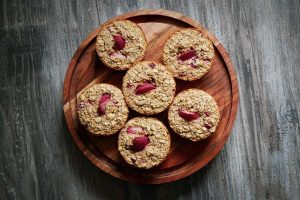Lectin is a protein that binds to carbohydrates. Lectin is present in foods that come from plants, such as beans, grains, fruits, vegetables, nuts, coffee, chocolate, and more. Cooking foods containing lectin weakens the ability of lectin to bind to carbohydrate cells in the body. Cooking can also cause lectin to bind to the compounds in the food, so it makes its way through our digestive system.
The Claim
In April 2017, heart specialist Steven Gundry, MD, released a book called The Plant Paradox: The Hidden Dangers in “Healthy” Foods That Cause Disease and Weight Gain. In this book, he claims:
-A lectin-free diet can treat medical conditions such as autoimmune diseases, allergies, and cancer.
-Foods that contain lectin promote inflammation and lead to weight gain.
-Foods that contain lectin are toxic to the body.
The Truth
There is little research to support these claims against lectin. There is a very strong body of research on the health benefits of eating foods containing lectin. The truth is:
-There are well known and documented health benefits to consuming foods with lectin, such as reduced inflammation.
-Research suggests lectin may provide health benefits related to the gastrointestinal (GI) system and cancer prevention.
-Foods that contain lectin are high in a great variety of nutrients. Removing these foods from the diet can possibly lead to nutritional deficiencies in the long-term.
The Bottom Line
The risks of removing foods with lectin from the diet are greater than any concern for consuming the small amount of lectin in these foods. For this reason, a lectin-free diet is not recommended. Instead, aim for a well-balanced, varied diet.
Information gathered & adapted from:
https://www.todaysdietitian.com/newarchives/1017p10.shtml
Breakfast Fruit Muffins
Servings: 12
Ingredients
1 1/2 cups whole wheat flour
2 teaspoon baking soda
1/2 teaspoon baking powder
1/4 cup white sugar
1/2 cup plain Greek yogurt
1/2 cup applesauce or 1 medium bananas mashed
2 eggs
1/4 cup butter, melted and slightly cooled
1 teaspoon vanilla
1 cup frozen fruit(s) of your choice (strawberries, raspberries, mangos, blueberries, apples, rhubarb) (thawed slightly)
Note: You can try 1/2 cup rhubarb with 1/2 cup strawberries, 1/2 cup mangos with 1/2 cup blueberries, or 1/2 cup blueberries with 1/2 cup raspberries.
Preparation
1.Preheat oven to 350 degrees Fahrenheit.
2.Combine the flour, baking soda and baking powder in a bowl.
3.In another bowl, combine the sugar, Greek yogurt, banana OR apple sauce, eggs, butter and vanilla.
4.Slowly fold the dry mixture into the wet mixture with a spatula.
5. Add the fruit(s) (slightly thawed) and fold gently as not to break the fruit(s).
6.Pour into prepared and oiled muffin pan and bake for 20 to 25 minutes or until a toothpick comes out clean when inserted in the middle of a muffin.
Serving Size: 1 muffin
Nutrition Information per Serving: 4.9 grams total fat, 2.7 gram of saturated fat, 19.2 grams carbohydrate, 2.3 grams fiber, 3 grams protein, 302 milligrams sodium, 97 grams potassium, 7.5 grams sugar
Recipe adapted from:
https://cookeatshare.com/recipes/breakfast-fruit-muffins-746199




